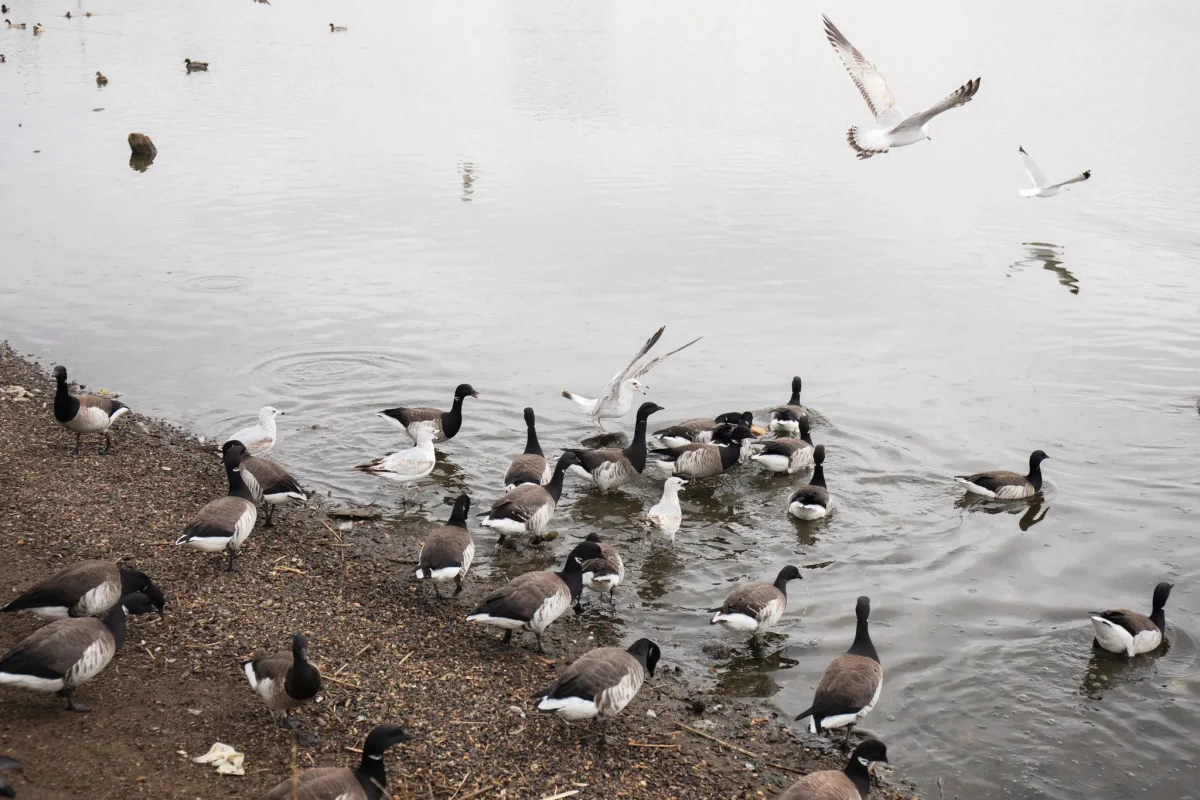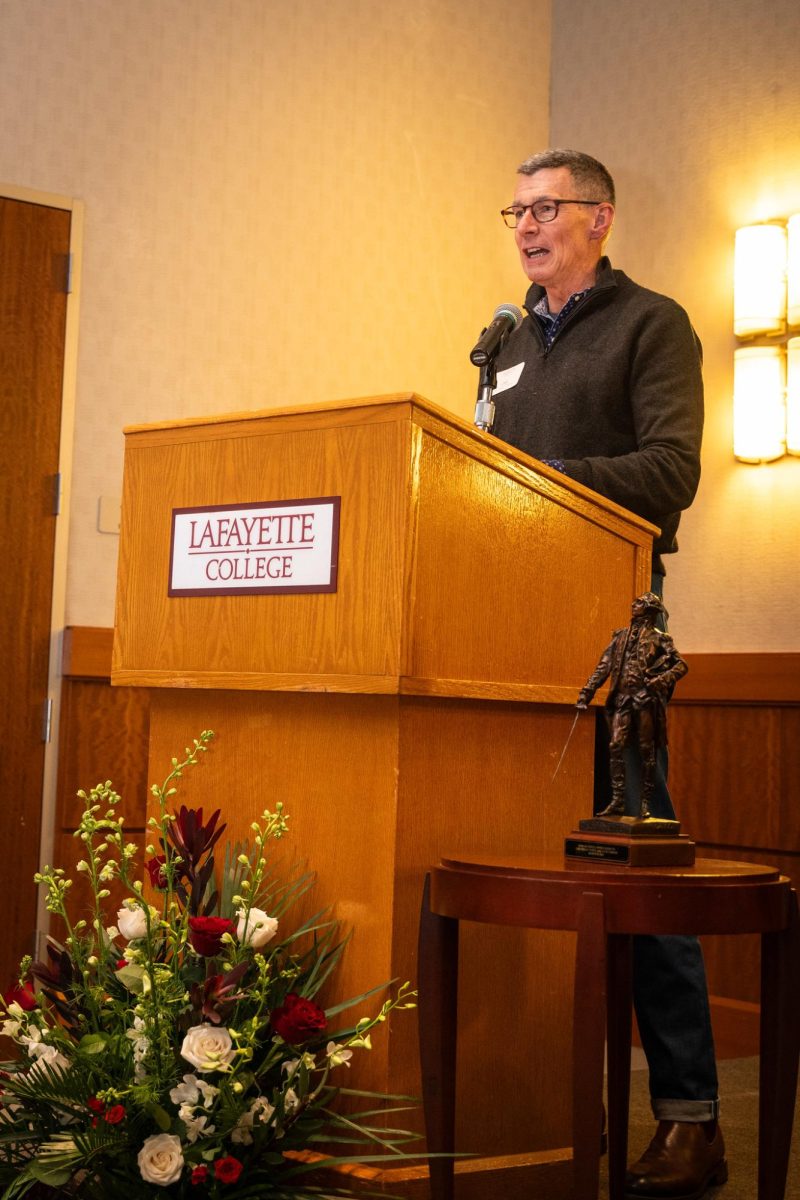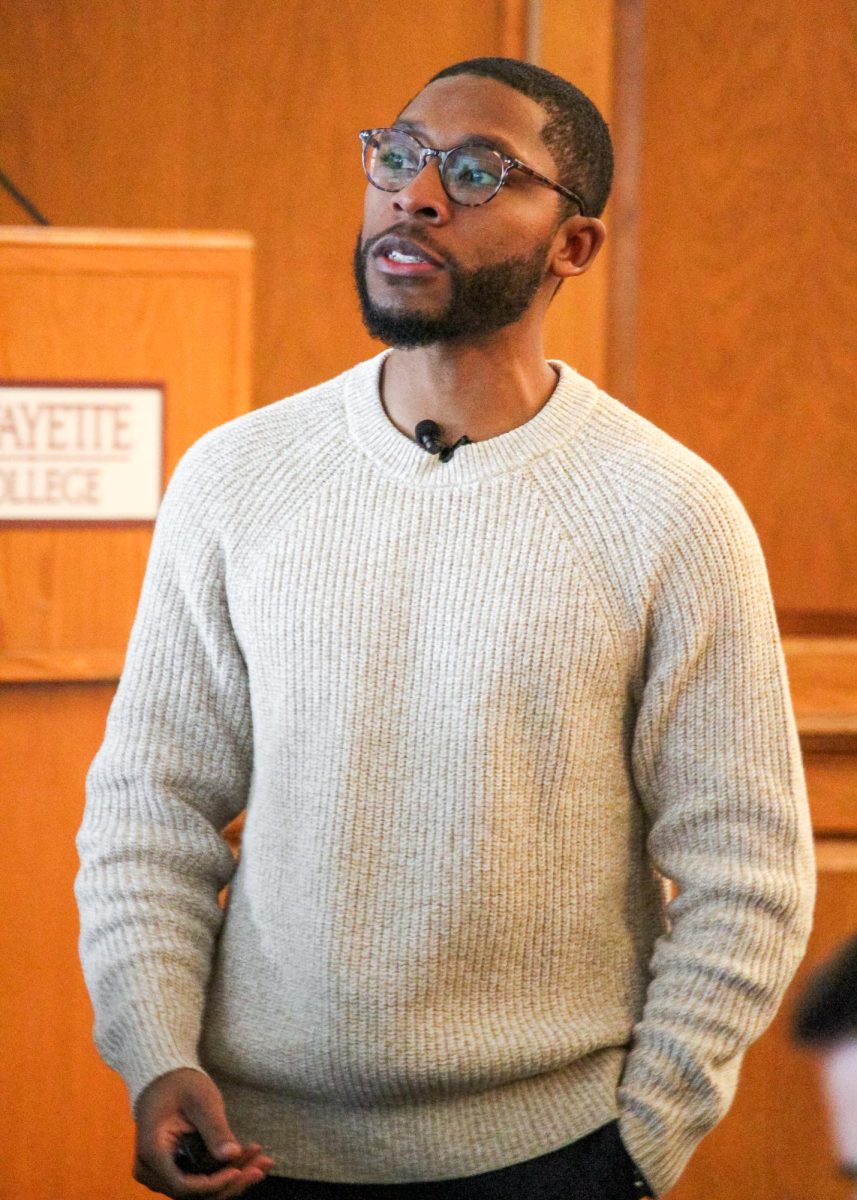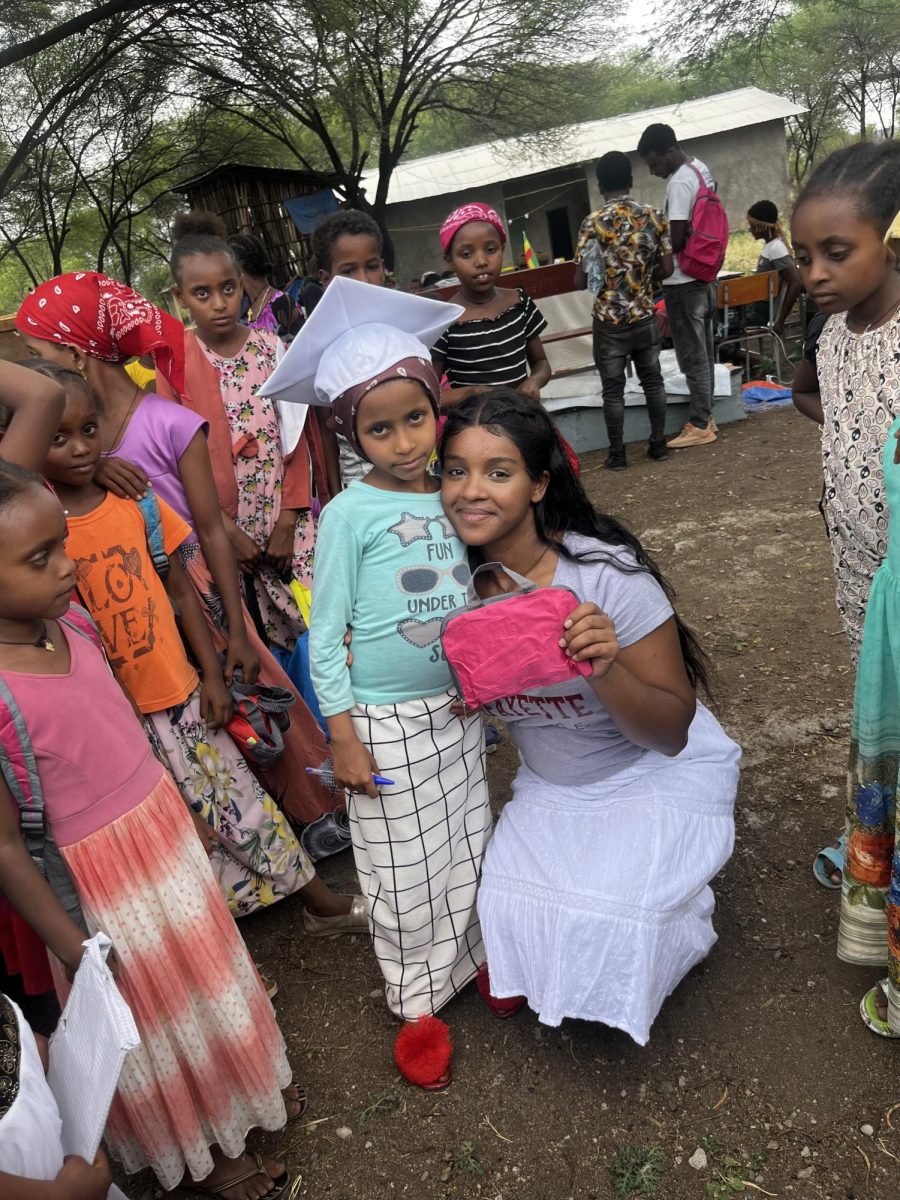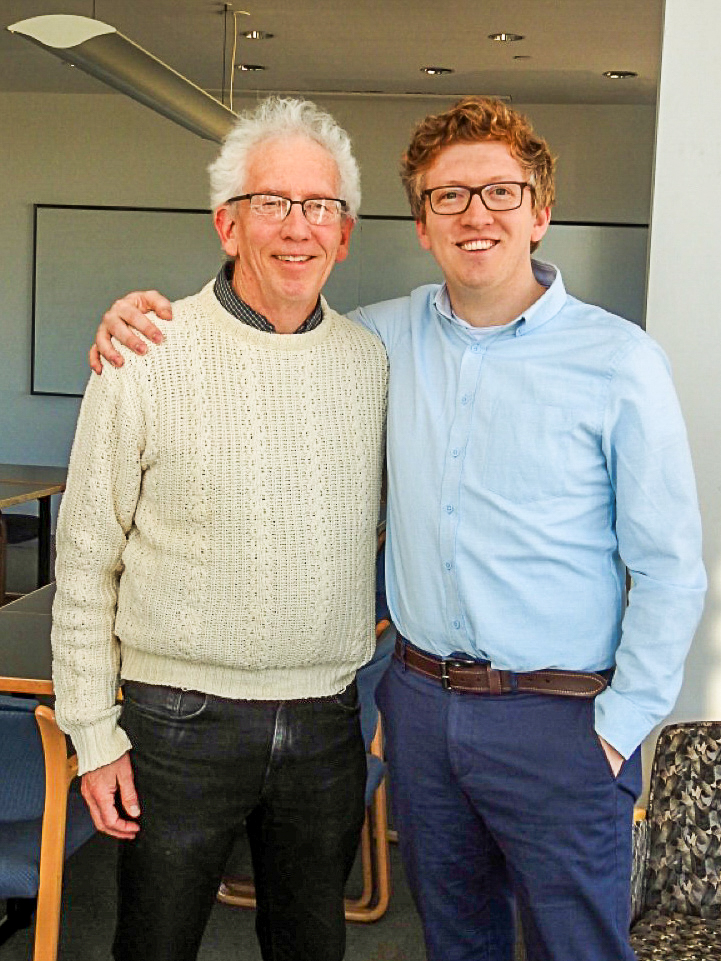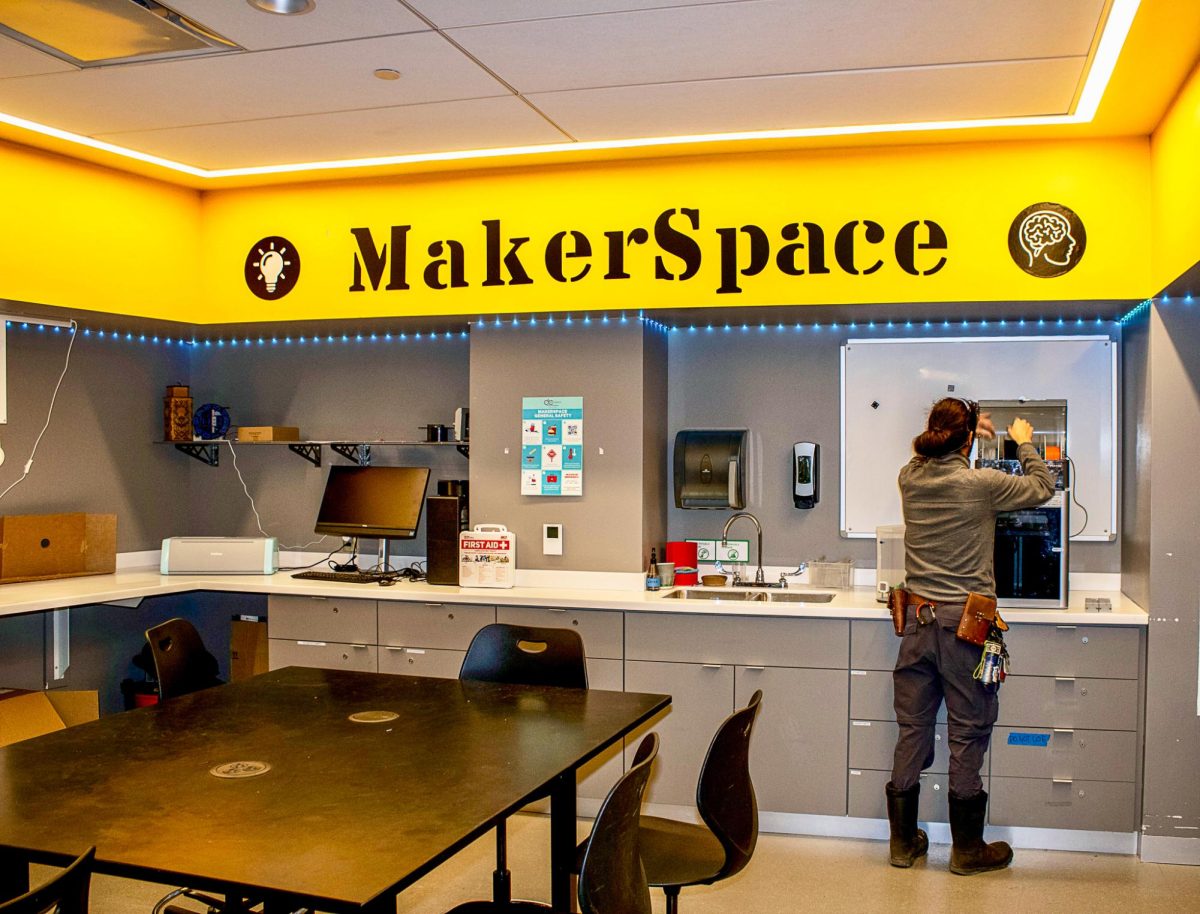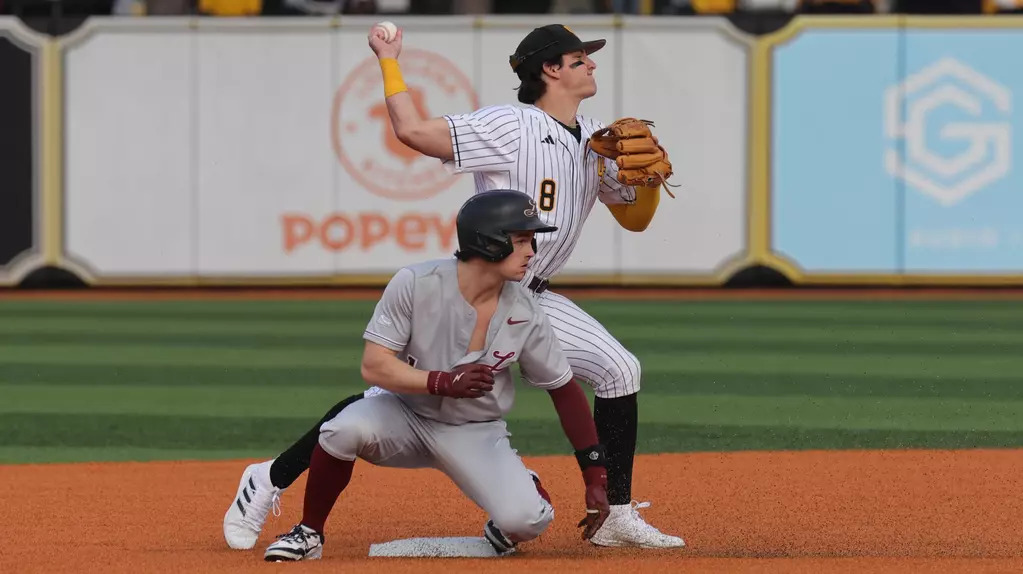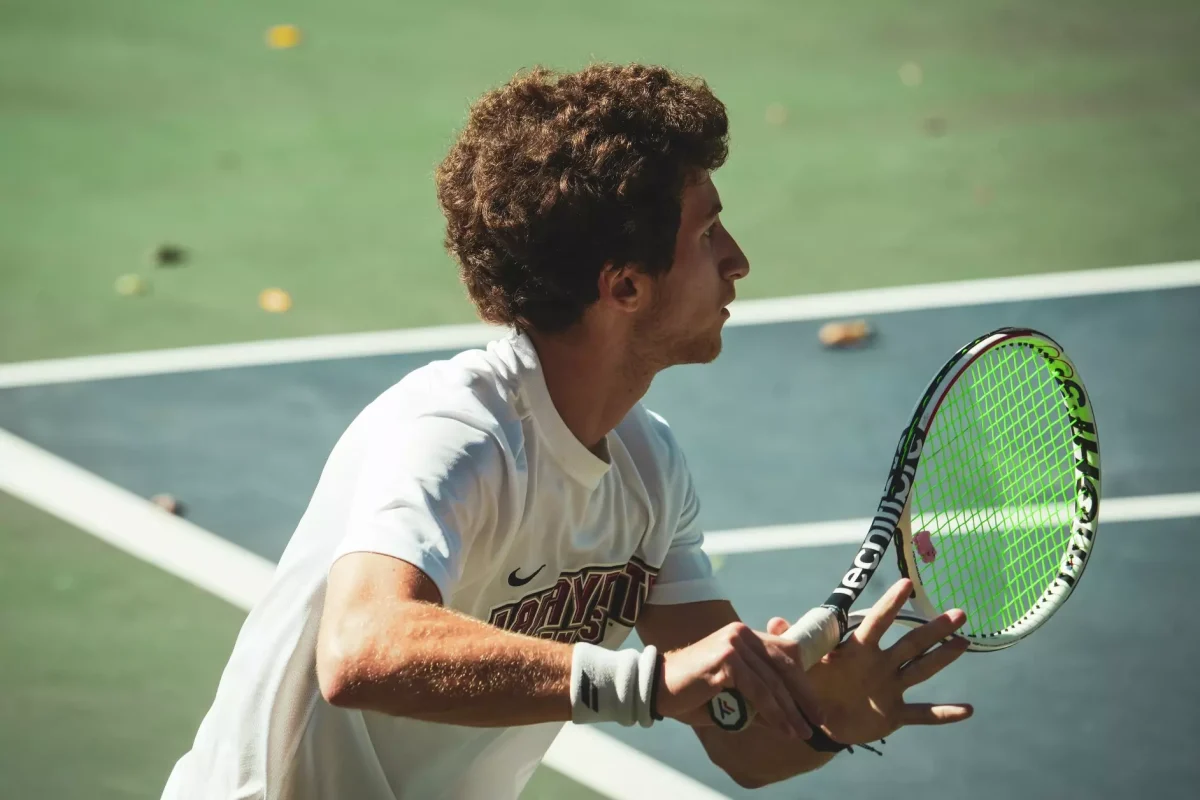In February, Jill Creighton, an administrator at New York University, went public with claims that Jason Casares, associate dean of students, director of student ethics and deputy Title IX coordinator at Indiana University Bloomington (IU) sexually assaulted her at a conference in Fort Worth, Texas. If this statement does not sound absurd, allow me to reiterate.
A Title IX coordinator—whose job it is to protect students at college from sexual assault and harassment, among other things—has been accused of sexual assault.
So what does this mean for students? From my position, nearly 700 miles away from IU at Lafayette, the answer doesn’t look good.
Let me be clear—I am not taking a stand on whether or not Casares actually committed the alleged assault. It is not possible to truly tell in these kinds of he-said, she-said situations.
But I will say this: whether or not Casares did assault Creighton, the allegation itself is enough to warrant a complete distrust of the systems in place to protect students.
This is not just the case for IU students, many of whom must have lost faith in their school’s administration. Rather, the implications of Creighton’s allegations are even farther reaching for students across the nation.
This is because Casares was more than a Title IX coordinator when he allegedly assaulted Creighton. He was president-elect for the Association for Student Conduct Administration (ASCA), an organization that provides guidance and training for administrators handling student-on-student sexual misconduct cases. Creighton was on the board of the ASCA with Casares when he allegedly assaulted her.
Although Casares, who was under criminal investigation for a sex offense, resigned as ASCA president-elect on Jan. 29, he was still allowed by the association to present on Title IX at a conference. When Creighton asked for Casares’ sessions to be cancelled, the association refused.
Creighton asked the ASCA to impeach Casares, and in the process to resolve the impeachment, she was placed on involuntary suspension. Now she is taking a leave of absence from the organization. To make matters worse, in a conference presentation, the association replaced Creighton’s last name with Casares’, a mistake for which they have since apologized.
The ASCA has never had to deal with a claim like Creighton’s before and now it is clear that they are not equipped to do so. The association’s response to the claims against Casares reinforces that sad truth that most of us already know—that the system doesn’t work for survivors of assault. At the very least, survivors don’t feel encouraged or empowered by the system they’re in.
Casares resigned from IU last Friday following pressure from the university, according to news reports. According to a statement from the college, it had concerns over whether or not Caseres could “credibly preside over student sexual-assault investigations after having been very publicly accused of sexual assault himself.” IU has also since decided to review the 18 sexual misconduct cases handled under Caseres. But does this make anything better for Creighton? Does this make anything better for students?
Let’s face it—sexual assault is a problem on college campuses across the country. We have seen it at our own school. As a reporter for The Lafayette newspaper, I have written multiple articles about sexual assault on campus. I have heard stories from survivors—stories of fear, shame and discouragement. In just one semester, I interviewed five students who claimed to be victims of sexual assault while at Lafayette. Of those five, three chose not to report to campus authorities. This was before the president-elect of the ASCA was accused of sexual assault.
Lafayette may be a small community, but we are emblematic of what is happening on a national scale. This tragic response by the ASCA will only serve to make us lose more hope and more faith. We have to remember there’s a problem. The problem is with the system. And the system reaches beyond our school and beyond IU.




